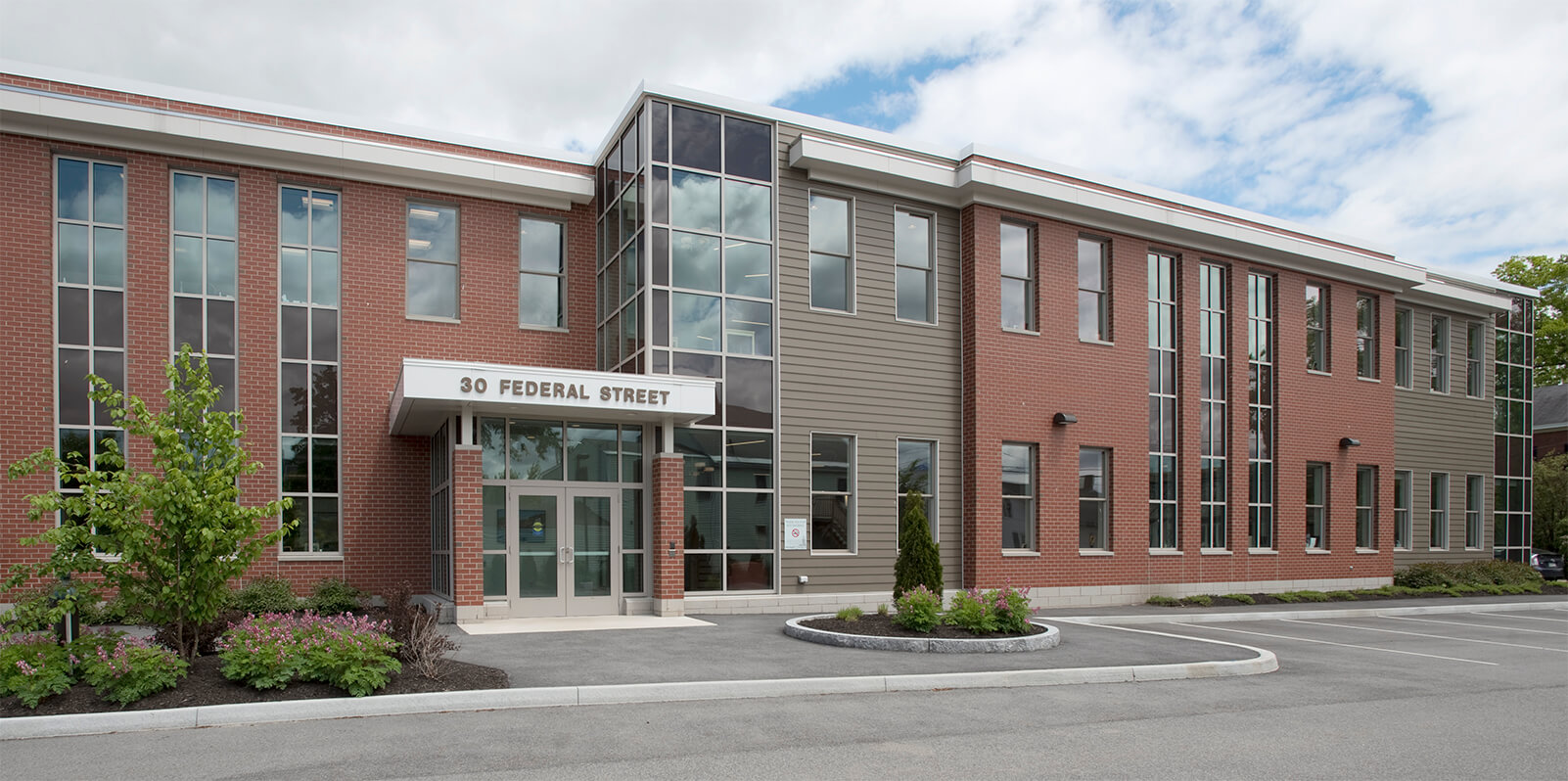September 14, 2020
Permanent Commission on the Status of Racial, Indigenous and Maine Tribal Populations releases recommendations
Identifies 46 bills, encourages future legislatures to continue critical racial equity work*
September 14, 2020 (Augusta, ME) – Today, the Permanent Commission on the Status of Racial, Indigenous and Maine Tribal Populations released a report recommending the Legislature pass legislation that combats racial disparities in Maine. The report contains an immediate proposal to pass 26 specific bills should the 129th Legislature reconvene for a special session, also noting 20 bills that could combat disparities with some additional work. The report also lists recommendations for future legislatures with the goal of making racial equity a central consideration in Maine lawmaking.
The full report can be found online at this link; a one-pager can be found here.
“For far too long, we have allowed our laws to uphold a system that produces disproportionate outcomes for racial, Indigenous, and Maine tribal populations. Legislation alone will not end these disparities, but it plays a critical role,” said Rep. Rachel Talbot Ross, D-Portland, who also serves as Chair of the Permanent Commission. “I am grateful to my legislative colleagues who put in the hard work this summer to acknowledge disparities and reframe how they look at legislation. If we invest in the self-determination of these populations, engage impacted communities as we develop our laws, and commit to continued and consistent attention to racial disparities, we can reverse the course and make sure not one more generation has to fight against inhumane and unjust institutions.”
This report is the product of close collaboration between legislators and the Permanent Commission. Fifty-five legislators from across political parties joined a process to review and discuss all 454 bills that remained active before the 129th Legislature. Legislators and Permanent Commission members used a series of assessment tools to determine the potential each bill had to combat racial disparities. Following the legislators’ participation, Permanent Commission members continued to discuss the status of racial equity when it comes to lawmaking in Maine and developed their final set of recommendations.
“Right now, people of all ages, races and backgrounds are demonstrating in the streets and parks and capitals across this nation and around the world in unity for racial justice in the Movement for Black Lives,” said Rep. Craig Hickman, D-Winthrop, who assisted in leading this initiative. “Here in Maine, thanks to the leadership of the Permanent Commission, we are seizing this moment. We are proclaiming that we will not allow our lawmaking to continue to feed a system of oppression. This report is a guide to changing how Maine legislates, and if its recommendations are followed, it’s a path to creating equity for all who call Maine home.”
Data indicates that Maine is not immune to the structural racism that has held back racial, Indigenous, and tribal populations over decades and centuries. Black Mainers are six times as likely to be incarcerated as white Mainers. A woman who is a representative of the racial, Indigenous, or tribal population with a college degree earns only slightly more than a white man with a high school diploma. While three-quarters of white Mainers own their own home, the same is true for fewer than one in four Black Mainers. Mainers who are representatives of the racial, Indigenous, or tribal populations typically experience unemployment and poverty at twice the rate of white Mainers. Black Mainers are 20 times more likely to experience COVID-19 than white Mainers.
The report makes the following recommendations to begin addressing the disparities that exist in Maine:
In a special session:
· Pass the Permanent Commission’s 26 most highly ranked bills, including LDs 920, 1134, 1403 (Basic Needs), LDs 759, 1703 (Basic Rights), LDs 776, 1221, 1421, 1756, 1964, 2086 (Criminal Justice), LDs 1043, 1050, 1012, 1376, 1417, 1760 (Education), LDs 647, 2087 (Employment and Workers’ Rights), LD 2085 (Health Care), LDs 1909, 1572 (Housing and Homelessness), LD 1684 (Juvenile Justice), LDs 1392, 2094, 2118 (Tribal Sovereignty)
· Consider the Permanent Commission’s 20 second most highly ranked bills, including LD 2139 (Basic Rights), LDs 182, 803, 1466, 1492 (Criminal Justice), LD 115 (Education), LDs 399, 2109 (Employment and Workers Rights), LDs 836, 1539, 1689, 1937, 1955, 1957 (Health Care), LDs 1404, 1426 (Housing and Homelessness), LD 2151 (Juvenile Justice), LDs 1709, 1907 (Tribal Sovereignty), LD 420 (Wealth and Income)
In future Legislatures:
· Policymaking must be driven by a set of guiding principles that keeps structural racism central in lawmakers’ minds. Namely, legislators must remember that: building awareness takes resources; awareness alone is not enough; financial and human resources must be allocated; policies that are ‘race-neutral’ will ultimately maintain existing disparities; an adequate response requires a structural analysis; developing solutions should be led by impacted communities; and policies that affect tribal nations in Maine must be enacted in a government-to-government relationship.
· With the guiding principles in mind, future Legislatures must craft legislation that: invests in communities by building infrastructure and allowing for self-determination; allocates resources and establishes systems necessary to address health disparities; targets the opioid crisis to address strain on tribal communities; and takes a bolder approach to criminal justice reform.
· The Permanent Commission is committed to continuing its engagement with the Legislature, and encourages legislators to institutionalize a process to view legislation through a racial equity lens. Future Legislatures should be proactive, intentional, and collaborative about drafting legislation that addresses inequities across policy subject areas, including criminal justice, education, food security, health care, environmental regulation, labor, and housing.
Talbot Ross added, “In short, we must put racial equity and justice at the heart of our lawmaking. We must acknowledge the historic inequities that have established a system of structural racism that impacts all Mainers, and we must combat those institutions in our legislation from conception to final vote.”
###
About the Permanent Commission on the Status of Racial, Indigenous and Maine Tribal Populations:
The Permanent Commission on the Status of Racial, Indigenous and Maine Tribal Populations was established by the Legislature and signed into law by Gov. Janet Mills in 2019. The independent entity has a mission to examine racial disparities across all systems and to specifically work at improving the status and outcomes for historically disadvantaged racial, indigenous and tribal populations in the State. The Commission is empowered by statute to advise and consult with all three branches of state government.
*CEI’s President, Keith Bisson, is a member of the Permanent Commission.



